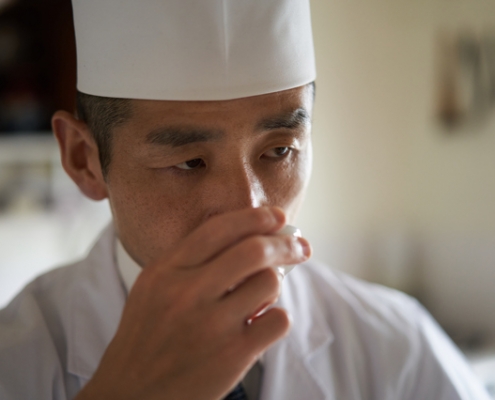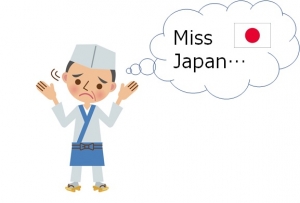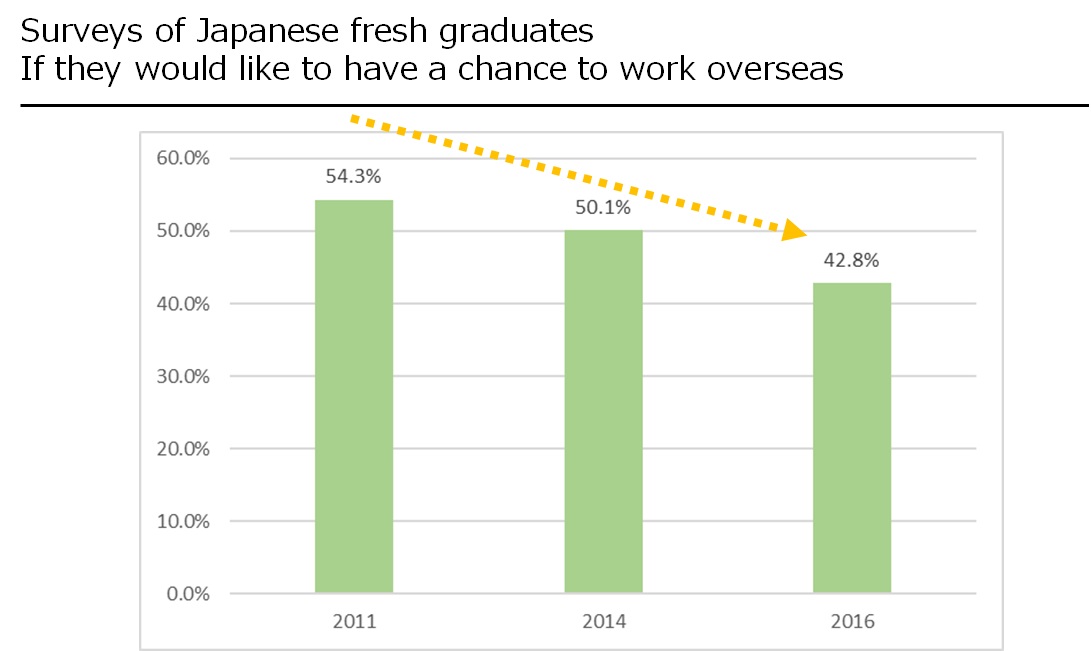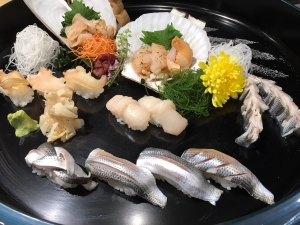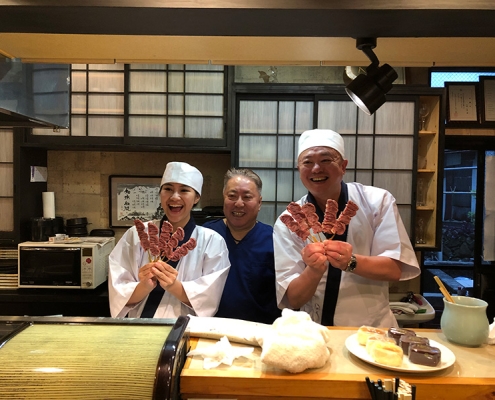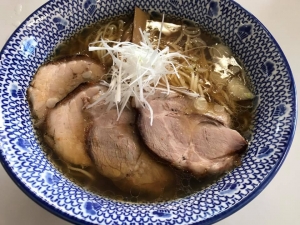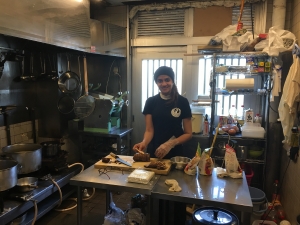Why is it difficult to recruit and retain a Japanese chef?
May 20 2023 Updated
Before you start your search, you should probably know there are difficulties associated with hiring a Japanese chef. From here on we’ll discuss what you should know before hiring a Japanese chef.
Contents
Language Barrier Issues
As of October 2019, One of the most popular restaurant listing site Gurunavi listed a total of about 520,000 restaurants in Japan, but of those, only 16,000 restaurants, or 3% of the total, had any foreign language speaking staff.
Maybe 10-20% of the restaurants in Tokyo have staff who can speak a foreign language (English is the most commonly spoken foreign language).
So, the language issue is one hurdle.
Home-loving young Japanese people
According to surveys of new employees (fresh graduates) conducted by the Japan Productivity Center, in 2011, 54.3% of new employees (fresh graduates) said that they would like to have a chance to work overseas.
However, this decreased year by year to 50.1% in 2014, and 42.8% in 2016. Although the domestic economy is sluggish, it seems the young people in Japan are more interested in maintaining the status quo than in trying something new.
Of course, there are still some young people who want to challenge their skills overseas, but as a group, the youth of Japan are increasingly introverted.
Aging population in Japan
Japan’s population is shown in a pyramid chart below, and the average age is currently 45.9.
For the 1.6 million men and women who were 40 years old in 2019, there were 1.2 million men and women 20 years old, about 25% less.
Naturally, many restaurant owners want to hire a chef in their 20ies or 30ies, but if you are too particular about this you might just get no one.
*Resource of original pyramid chart
https://www.indexmundi.com/japan/age_structure.html
After 3 years only 30% remain abroad
Although there’s no proper data on this, it’s said that only about 30% of the chefs from Japan employed overseas are still working overseas three years later.
Many of them quit and back to Japan because of stress from differences in work styles, culture, and language.
I’ve talked so far about some challenges, but there are many restaurants that have successfully employed and retain Japanese chefs and are running good businesses.
If you’ve read this far, then let me give you some advice on how to successfully retain a Japanese chef on next article!
Related Articles
Would you like to know more?

Tokyo Sushi Academy
The first and the most popular sushi school in the world.
Japan Culinary Institute
Japanese culinary training including sushi, kaiseki, yakitori, wagashi and more.
Miyajima Ramen School
More than 1,000 graduates from over 50 countries.
International Ramen School
Ramen study program combined with OJT

